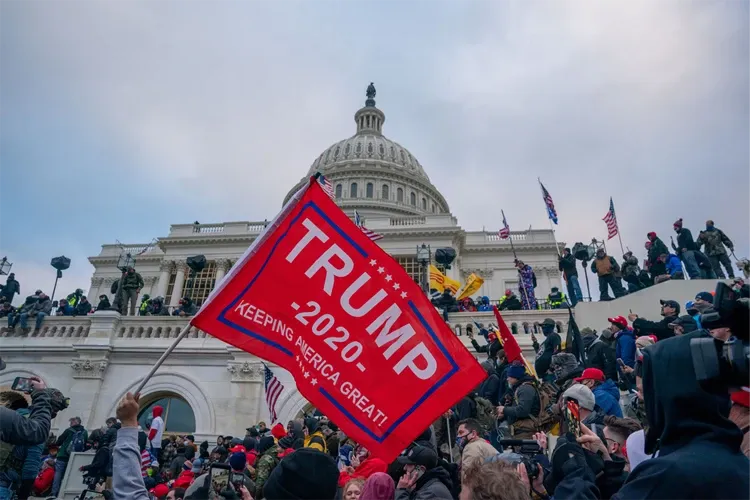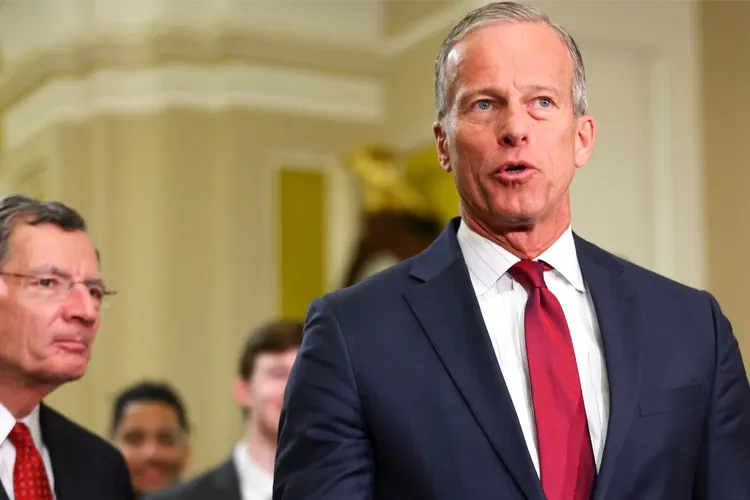Ray Epps, an apparent participant in the January 6 riots who some claim is a federal operative, was sentenced on Tuesday to one year of probation and 100 hours of community service.
Federal prosecutors had recommended that Epps, who was captured on video encouraging Trump supporters to enter the United States Capitol in protest of the 2020 election results, receive six months of incarceration, marking the high range of applicable sentencing guidelines. Beyond the probation and community service, he will have to pay $500 in restitution.
Attorneys acknowledged that Epps had tried to “inspire and gather a crowd to storm the Capitol to protest the certification of the election” and offered “assistance with pushing a large metal-framed sign into a group of police officers holding a defensive line.” Prosecutors nevertheless claimed that his case involved a “variety of distinctive and compelling mitigating factors,” including the fact that Epps had turned himself into authorities two days after the protest, cooperated with federal agents, and has been “ the target of a false and widespread conspiracy theory that he was an undercover government agent.”
Speculation about his role to provoke the riot occurred after video emerged of Epps insisting on multiple occasions to a crowd of protesters that they should enter “into the Capitol,” after which they called him a “fed.” He encouraged people to “spread the word” and was present when police barriers were first breached on the grounds of the Capitol.
Epps avoids time in prison even as some 467 defendants have been sentenced to periods of incarceration, while 154 have been sentenced to home detention, according to an update from the Justice Department published three years after the protest. At least 116 have been sentenced to prison time ranging as long as twelve years.
Various reports have emerged about poor conditions of January 6 defendants awaiting sentencing in prison, including accounts of walls with residue of human feces, mold in shower and common areas, and inmates confined to small cells. One thirty-seven-year-old man committed suicide after pleading guilty to four charges related to the protest.




